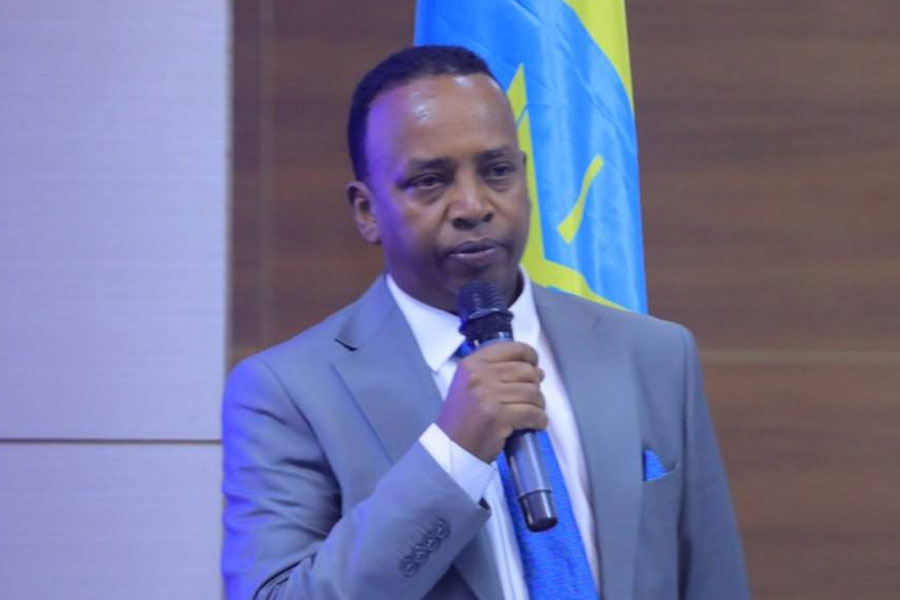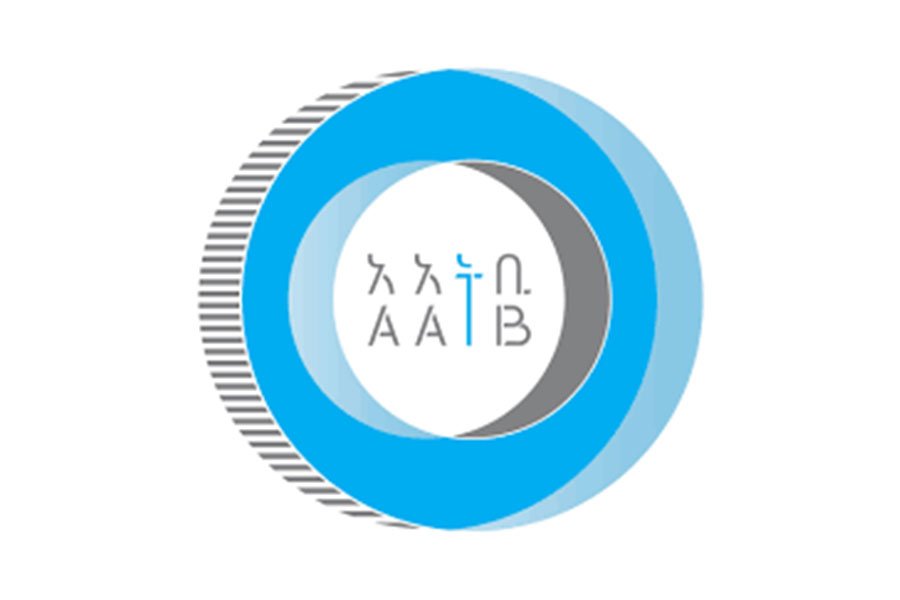
News Analysis | Sep 10,2021
The communications regulatory authorities have designated Safaricom Ethiopia Plc, soon to be the first private operator in the telecom market in over a century, the block number '07' for its mobile calls after it launches operation early next year.
It is the second designation of blocked numbers after the '09' in use by the state-owned monopoly, Ethio telecom.
The Ethiopian Communications Authority (ECA) is mandated to map a national telecom numbering plan and allocate and administer the numbers. It has had to deal with a single telecom operator thus far, only charged with assigning phone numbers to Ethio telecom. However, Safaricom Ethiopia Plc has entered the market, buying a 15-year license for a fee of 850 milliondollars earlier this year.
A bid for a second license has also been floated, expected to close in a week. Upon entering the market, the third operator will be assigned the '08' block.
Telecom numbers are scarce resources, according to Balcha Reba, director-general of the ECA.
The federal government is finalising preparations to acquire a telecom numbering management system to organise phone numbers assigned to operators under a single database.
According to the World Bank's plan, the procurement process is set for kick-off this month as part of a five-year digital foundations project under the Ministry of Innovation & Technology. The Ministry received 200 million dollars in loans from the World Bank in March this year.
The project office in charge was opened in July, following World Bank's approval, according to Mesfin Belachew (PhD), digital foundation project implementation unit coordinator at the Ministry. The project completion date is set for next June.
Once the system is set up, the Authority will be in charge of managing it.
The system to be acquired will allow the Authority to monitor how many blocks of numbers have been utilised by operators, which are expected to report on how many they have used periodically. Telecom numbering standards allow operators to utilise numbers with as many as 16 digits.
"If operators have not used the numbers they are assigned for more than three years, we have the authority to reclaim the numbers," said Balcha.
The plan in use now for mobile phones can host 100 million numbers. Ethio telecom had over 54 million mobile users, growing by 22pc from the previous year. At this rate, the limit would be reached in less than four years.
For fixed-line numbering, which is assigned geographically, the new operators will be given a new block of numbers. In Addis Abeba, Ethio telecom uses the code '011' while Safaricom will use '012'. The same designation will be applied in the rest of the eight telecom numbering regions. These blocks can host up to 10 million users each.
"We've planned for at least 30 years," the Director-General told Fortune.
SMS shortcodes of three and four digits will also be assigned to the new operators.
The Authority is preparing to make changes on a scale not seen since the former Ethiopian Telecommunication Agency (ETA) introduced a new telecom numbering plan in 2005. The overhaul saw the one-time eight-digit code for mobile phones upgraded to 10 digits, excluding the area code. Geographical coding was assigned to fixed lines.
The Communications Authority will soon begin charging fees for numbers allocated to operators, including a one-time payment for allocation and a renewal fee on active numbers. A study has been finalised and will be available for public consultation soon, according to Balcha.
With the introduction of a new operator, another scheme is number portability, which would allow users to switch their telecom operator but keep their telephone number. Last August, the Authority issued a directive to implement this feature where a national portability clearinghouse administrator will manage the services. According to people following development in the telecom sector, this task will be outsourced to the private sector, likely international telecom operators.
The service will be launched once Safaricom begins operation and all parties are ready to host portability features, Balcha confirmed.
"We want to begin the service in a stable environment as we prefer not to have an unbalanced movement of users," he said.
The telecom regulator should be sharp in monitoring the operators, service concentration, and customer-operator agreements, says Yihenew Wondie (PhD), a telecommunications engineer and assistant professor of computer engineering at the Addis Abeba University.
"The numbering management system will have a big role in this," said the expert.
In addition to vigilant supervision from the regulator, it could be an option to enforce a one-number system, suggests Yihenew.
A one-number system would allow operators to register numbers assigned to users to specific devices. A number can be registered for one device or many devices. Ethio telecom had previously attempted to implement registration in 2017.
PUBLISHED ON
Dec 11,2021 [ VOL
22 , NO
1128]

News Analysis | Sep 10,2021

Fortune News | Dec 11,2021

Sponsored Contents | Mar 28,2022

Radar | Mar 07,2020

Covid-19 | May 31,2020

Fortune News | Sep 10,2021

Radar | Jun 15,2025

Radar | Dec 19,2021

Fortune News | Nov 04,2023

Commentaries | Mar 20,2021

Dec 22 , 2024 . By TIZITA SHEWAFERAW
Charged with transforming colossal state-owned enterprises into modern and competitiv...

Aug 18 , 2024 . By AKSAH ITALO
Although predictable Yonas Zerihun's job in the ride-hailing service is not immune to...

Jul 28 , 2024 . By TIZITA SHEWAFERAW
Unhabitual, perhaps too many, Samuel Gebreyohannes, 38, used to occasionally enjoy a couple of beers at breakfast. However, he recently swit...

Jul 13 , 2024 . By AKSAH ITALO
Investors who rely on tractors, trucks, and field vehicles for commuting, transporting commodities, and f...

Oct 25 , 2025
The regulatory machinery is on overdrive. In only two years, no fewer than 35 new pro...

Oct 18 , 2025
The political establishment, notably the ruling party and its top brass, has become p...

Oct 11 , 2025
Ladislas Farago, a roving Associated Press (AP) correspondent, arrived in Ethiopia in...

Oct 4 , 2025
Eyob Tekalegn (PhD) had been in the Governor's chair for only weeks when, on Septembe...